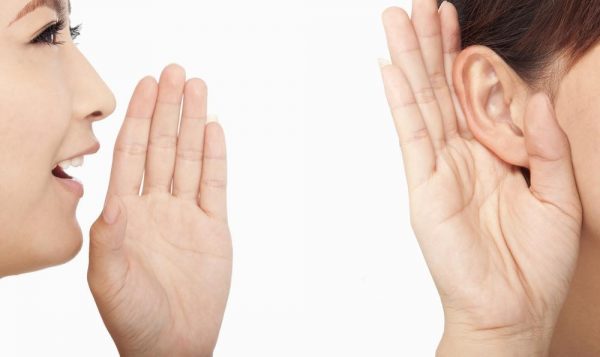
Our ears play an integral role in our everyday lives. However, throughout our lives, we subject them to loud sounds-music, lawnmowers, power tools, air travel, etc. without using ear protection. Regrettably, these exposures can cause hearing loss and increase the likelihood of you needing hearing aids at an earlier age. Moreover, the natural aging process generally leads to hearing loss. Certain ailments and medications can even result in permanent hearing loss. Fortunately, even if you already have hearing loss, it’s never too late to restore your hearing and maintains your hearing health for many years to come. Besides relying on audiology specialists to keep your hearing health in check, there are several things you can do to maintain healthy hearing naturally as highlighted below.
Proper Nutrition You need to have a diet low in refined carbohydrates and saturated animal fats. Ears are usually nourished by your body’s blood supply, and fatty acids can limit blood supply to your ears. Increase your intake of fruits, vegetables, nuts, seeds, and whole grains. Likewise, eat plenty of cold-water fish, like trout, salmon, herring, and sardines, as they are rich in Omega-3 fatty acids. Omega-3s are heart-protective, which can translate into healthy hearing.
Perform a Hearing Detox Consider giving your ears some time to recover after they have been subjected to loud noise. Action on Hearing recommends 16 hours of rest for the ears to recover after spending roughly two hours in 100 decibels of sound. An example of this would be if you were in a nightclub or live concert. If you reduce this recovery time, you will actually be increasing your risk of permanent deafness.
Use Natural Herbs Ginkgo biloba is touted to be effective in upholding hearing health. It has helped some individuals with various hearing disorders, which include tinnitus. Animal studies have shown that ginkgo has a protective effect against gentamicin-induced cochlear damage, as well as improved neurological function. Periwinkle, or Vinpocetine, has also proven to be effective for antibiotic-induced hearing impairment. It has been shown to stimulate increased ear and brain blood flow, supports the use of oxygen, and safeguards against free-radical damage. Likewise, Butcher’s Broom may help promote circulation to the ears and regulate fluid levels.
Examine Allergies and Sensitivities

While any chemical or food can be liable to hearing loss, sensitivity to salicylates is the most notorious cause. Salicylates have been associated with disruption of the electrical current in the inner ear. Aspirin is among the primary sources of salicylates in everyday life, but they can also be found in:
- Herbs
- Nuts
- Spices
- Most fruits, apart from peeled pears, pomegranates, bananas, mangoes, and papayas
- Most vegetables, apart from bean sprouts, cabbage, leeks, Brussels sprouts, lettuce, celery, and peas
- Caffeine
- Potato skins Alcohol
- Fruit juices
- Yeast rich foods
Quit Smoking Smokers are two times more prone to hearing loss compared to non-smokers. In fact, the risk increases in the number of cigarettes you smoke per day. This is due to the fact that smoking can result in vascular insufficiency. A high-cholesterol diet and hypertension can also play a part in age-related hearing loss.
Conclusion
The sense of hearing plays a vital role in our daily lives. With time, our hearing health deteriorates, decreasing our ability to hear. This gradual deterioration of hearing is largely occasioned by our lifestyle, environmental, and dietary choices. The popularity of digital audio devices has certainly aggravated the problem of sensor-neural hearing loss. Continuous exposure to loud environments, overindulgence, insufficient sleep and rest, and being overworked, all increase the risk of hearing loss. Fortunately, with the aforementioned tips, you are assured of better hearing for the longest future ahead,

